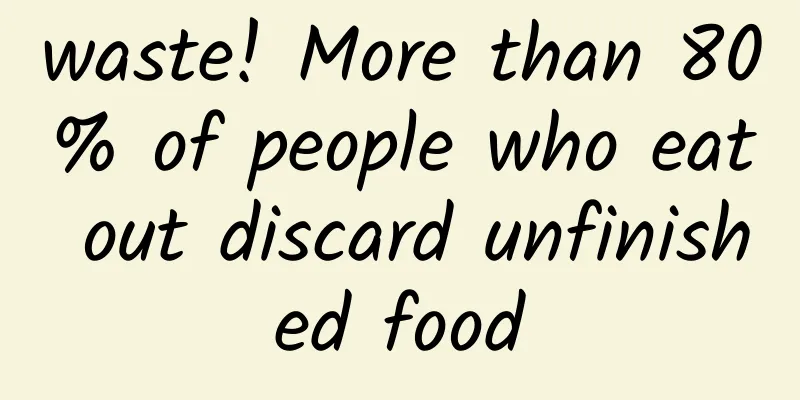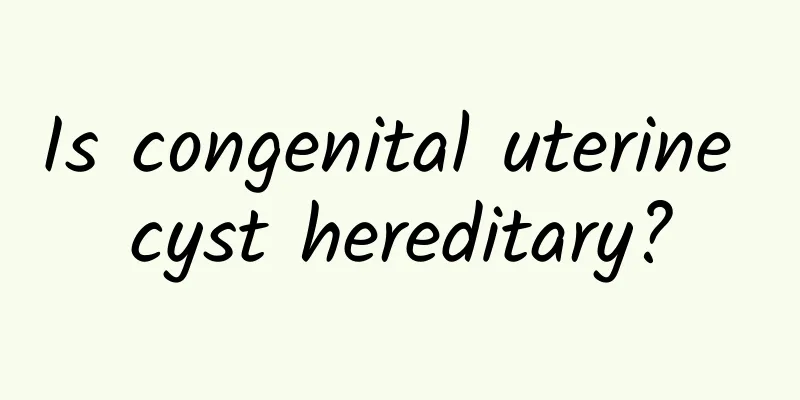waste! More than 80% of people who eat out discard unfinished food

|
Those who always eat out for three meals a day not only spend an average of more than 1,000 yuan more on food out per month than those who bring their own lunch boxes, but also have a higher body mass index (BMI) than those who bring their own lunch boxes, and they obviously waste food. According to a "2012 Survey on Office Workers' Eating and Consumption Habits" conducted by Taipei Medical University Hospital, as many as 86% of people would throw away leftover food and lunch boxes together, which is not only unfriendly but also hurts the wallet. The business donated 1,000 PP microwaveable food containers to the Taipei Health Science Center Hospital, which has won first place in the medical services category in the "Taiwan Green Brand Survey" for two consecutive years. (Photography by Huang Zhiwen) The survey results show that the monthly food expenses of those who eat out (5,517 yuan) are higher, 24% more than those who bring their own lunch boxes (4,461 yuan). As for the total monthly expenses, those who bring their own lunch boxes (11,507 yuan) save nearly 2,000 yuan compared to those who eat out (13,371 yuan), which can save an extra month's salary for new employees in a year. Su Xiuyue, director of the nutrition department at Taipei Medical University Hospital, said that in addition to spending more money, people who eat out also show warning signs in terms of health. According to a survey, more than 50% of people who eat out have leftovers, especially 40% of them only have one quarter left. The average BMI of those who have one quarter left is 22.15%, while the remaining two-thirds are more picky eaters and are thin, with an average BMI of 21.77%. The survey found that 93% of people who eat out nationwide believe that disposable containers are harmful to the environment, but only 36% of people who eat out bring their own lunch boxes, indicating a low level of environmental protection initiative. (Photography by Huang Zhiwen) The survey also found that the proportion of food waste among people who eat out is higher than that of those who bring their own lunch boxes. When people who eat out cannot finish their meals, as many as 86% of them directly throw away the leftovers, resulting in waste. People who eat out are also generally picky eaters and do not like rice (49.8%) and vegetables (28.3%). The environmental protection concept of people who eat out is obviously easier said than done. The survey found that 93% of people who eat out nationwide believe that disposable containers are harmful to the environment, but only 36% of people who eat out will bring their own lunch boxes, indicating a low level of environmental protection initiative. In addition, more than 60% of people who eat out do not bring their own containers, nor do they know there are suitable containers to hold food. This shows that Chinese people’s awareness of environmental protection is still insufficient. Su Xiuyue said that more than 90% of office workers have an unbalanced diet, which is a health alarm. The survey found that less than 10% of office workers admit that they consume the six major types of food every day. Among them, too much eggs, beans, fish, meat and fats, and insufficient vegetables, fruits, grains and milk are the main problems. It is recommended that people who eat out can pack up the leftovers in safe and convenient storage boxes and take them home to continue eating. This can save money and be environmentally friendly. In addition, they should also pay attention to the balanced intake of the six major food groups to ensure health. In order to promote environmental protection and carbon reduction, Chen Mingfang, vice chairman of Lock&Lock Taiwan General Agent, said that he would donate 1,000 PP microwaveable food containers to the Taipei Health Care Hospital, which has won the first place in the medical service category of the "Taiwan Green Brand Survey" for two consecutive years; Dean Chen Zhenwen said that the Taipei Health Care Hospital has continued to implement green hospital practices, and the central kitchen of the nutrition room passed the "HACCP Food Safety Label" certification of the Department of Health in 2010; in order to take care of the health of employees and promote the concept of healthy eating and loving the earth, the employee restaurant tableware was replaced with reusable environmentally friendly food containers. He also thanked Lock&Lock for donating the microwaveable food containers, responding to the concrete actions of the Taipei Health Care Hospital to save energy and reduce carbon emissions. |
<<: Beef labeling is mandatory in Taipei City, with colors used to distinguish the origin
>>: Yunlin sampled 13 ice cream and cold drinks that did not comply with regulations
Recommend
Can an ectopic pregnancy be detected with a pregnancy test stick?
If the level of chorionic gonadotropin in the bod...
Can syphilis be cured?
Can syphilis be cured? Early syphilis is highly c...
Experts talk about the causes of uterine fibroids
There are more and more patients with uterine fib...
What kind of examination should be conducted to prevent cervical hypertrophy?
The examination of cervical hypertrophy is genera...
Chicken cartilage VS chicken nuggets are the same size, which one will make you feel fuller? Nutritionist's answer
Chicken cartilage VS chicken nuggets are the same...
Can I take a bath when I just get my period? Can women take a bath during menstruation?
Women have their periods every month, and each me...
How to treat adnexitis effectively
How to treat adnexitis? Traditional Chinese Medic...
Experts explain how to take care of dysmenorrhea in winter
The weather turns cold in winter, and many dysmen...
Experts tell you the basic symptoms of uterine fibroids!
Do you know the symptoms of uterine fibroids? Whe...
What are the effects of a 2mm uterine fibroid? Is a 2mm uterine fibroid big?
What are the effects of a 2mm uterine fibroid? Is...
Taeyeon is so skinny that her bones are visible! Nutritionists recommend eating 1,800 calories a day
The South Korean girl group Taeyeon, Tiffany, and...
What should I do if I have uterine fibroids during pregnancy? How should I take care of patients with uterine fibroids?
What should pregnant women do if they have uterin...
Eat out to lose weight and eat light hot pot for dinner
Of the three meals a day, dinner is the one that ...
Causes of female vulvar leukoplakia
The causes of vulvar leukoplakia are quite compli...
What causes early miscarriage?
The causes of early miscarriage may involve genet...









